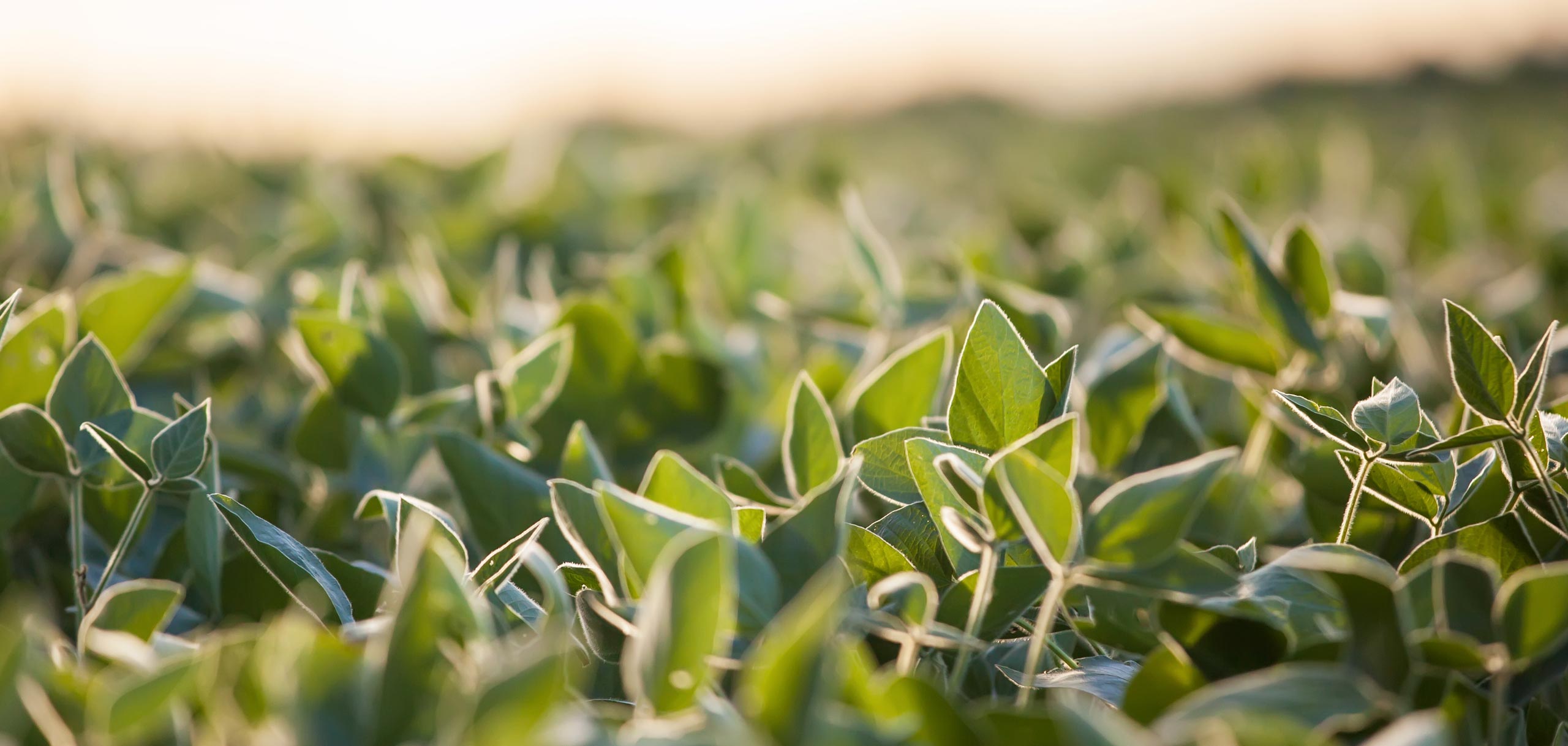USSEC Indonesia Continues its Success with Tempe
- Category:
- General News

USSEC Indonesia recently oversaw the tenth training session on the making of tempe at the Rumah Tempe Indonesia (RTI) since RTI’s inception in 2012. Tempe, or tempeh, is a traditional, locally-produced, fermented soy food consumed by millions of Indonesians. USSEC, together with tempe cooperative, KOPTI Bogor, and the Indonesian Tempe Forum (ITF), most recently provided training for four industry participants from Jakarta with no prior experience in making tempe. The objective of the training is to provide participants with the knowledge and skill to produce tempe in a safe and hygienic manner. The interactive training combines the economics of the tempe business with theory, covering general information on tempe from history, nutrition and health benefits. The hands-on sessions allow participants to be involved in every stage of the production process.
This beginners’ training has taught a total of 58 participants to date. Training participants hail from Thailand, Singapore and the U.K., in addition to Indonesia. Most attendees learned about ITF and the training at RTI from RTI’s website, and registered online for the training. The minimum number for a class is four, and a date, agreed on between trainer and participants, is set once the minimum number is reached.
This activity fosters the development of the tempe industry in Indonesia by attracting new players to the tempe business. The entrance of new tempe enterpreneurs will enrich the current composition of the tempe industry in Indonesia and other parts of the world. In the past, the entry point to the tempe business was hereditary as tempe producers inherited the business from a parent. Today, the training at RTI has made it possible for new players to enter the tempe business. The positive response has shown that RTI has become a recognized international learning center for tempe making. The RTI project is part of a larger USSEC program to stimulate growth in soy consumption by improving production facilities and quality of tempe and tempe products in order to raise the image of tempe as a safe and healthy food.